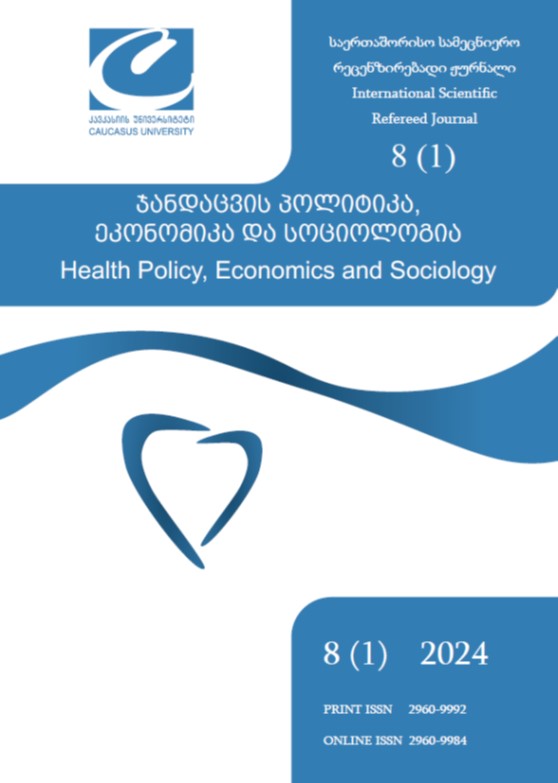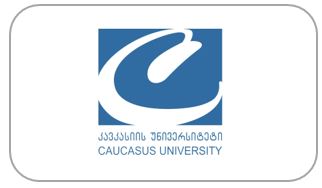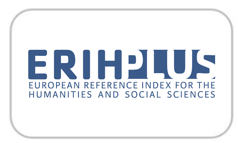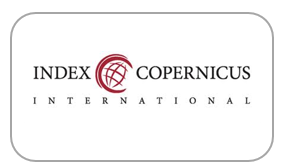საექთნო საქმის პრიორიტეტულობა და გამოწვევები საქართველოში
DOI:
https://doi.org/10.52340/healthecosoc.2024.08.01.07საკვანძო სიტყვები:
უწყვეტი განათლება, პროფესიული გადაწვის სინდრომი, საექთნო საქმეანოტაცია
ექთნის როლი დიდია დაავადების პროფილაქტიკის, მკურნალობისა და რეაბილიტაციის პროცესში. მნიშვნელოვანია მათი ჩართულობა ჯანდაცვითი ღონისძიებების ორგანიზებასა და განხორციელებაში. კვლევებით დასტურდება, რომ საექთნო საქმეში მნიშვნელოვანია ადეკვატური ტრენინგის შესაძლებლობის მიცემა, ასევე როლებისა და კომპეტენციების გაფართოება. ამავდროულად ნაჩვენებია ექთნების რაოდენობის დეფიციტი და ადამიანური რესურსის საერთაშორისო სტანდარტებთან შეუსაბამობა. კვლევის მიზანია შევისწავლოთ ექთნის პროფესიის პრიორიტეტულობა საქართველოში, მიმოვიხილოთ არსებული მდგომარეობა და შევისწავლოთ ის ღიობები და გამოწვევები, რომლის წინაშეც დგას ექთნის პროფესიული განვითარება. ჩატარებულ თვისებრივ კვლევაში მონაწილეობა მიიღო ქ. ქუთაისის რამდენიმე კლინიკის 16 ექთანმა. ჩარღმავებული, ინდივიდუალური ინტერვიუებიდან გამოიკვეთა, საექთნო საქმეში არსებული პრობლემები: საექთნო პერსონალის დეფიციტი, შეუსაბამო სამუშაო პირობები, ზეგანაკვეთური დატვირთვა, დაბალი შრომის ანაზღაურება და უწყვეტი განათლების დაბალი ხელმისაწვდომობა. ყოველივე ზემოთჩამოთვლილი კი განსაზღვრავს დარგის არაპრესტიჟულობასა და პერსპექტივის არარსებობას.
წყაროები
• გოგაშვილი მაია. 2016. “საექთნო საქმის მდგომარეობა და მისი განვითარების პერსპექტივები საქართველოში.” . https://www.ug.edu.ge/storage/disertations/October2019/bj397v0YoUkx3HtJ6Zk0.pdf.
• ვერულავა თენგიზ, წივწივაძე დავით. 2015. “მედდების საქმიანობის გარემოს მახასიათებლები და სამუშაოთი კმაყოფილება საქართველოში,” 1–23.
• კურაციო საერთაშორისო ფონდი. 2018. “ადამიანური რესურსი ჯანდაცვის სექტორში.”
• საქართველოს ოკუპირებული ტერიტორიებიდან დევნილთა შრომის ჯანმრთელობისა და სოციალური დაცვის სამინისტრო. 2019. “საქართველოს მთავრობის დადგენილება სააექთნო საქმის სტრატეგიის დამტკიცების შესახებ.” თბილისი. https://www.moh.gov.ge/.
• Aiken, Linda H, Douglas Sloane, Peter Griffiths, Anne Marie Rafferty, Luk Bruyneel, Matthew Mchugh, Claudia B Maier, et al. 2017. “Nursing Skill Mix in European Hospitals: Cross-Sectional Study of the Association with Mortality, Patient Ratings, and Quality of Care.” BMJ. https://doi.org/10.1136/bmjqs-2016-005567.
• Anderson, Daren R., Daniel St. Hilaire, and Margaret Flinter. 2012. “Primary Care Nursing Role and Care Coordination: An Observational Study of Nursing Work in a Community Health Center.” Online Journal of Issues in Nursing 17 (2): 1–10. https://doi.org/10.3912/OJIN.Vol17No02Man03.
• Chen, Yi Chuan, Yue Liang Leon Guo, Wei Shan Chin, Nai Yun Cheng, Jiune Jye Ho, and Judith Shu Chu Shiao. 2019. “Patient-Nurse Ratio Is Related to Nurses’ Intention to Leave Their Job through Mediating Factors of Burnout and Job Dissatisfaction.” International Journal of Environmental Research and Public Health 16 (23): 4801. https://doi.org/10.3390/ijerph16234801.
• Dall’Ora, Chiara, Peter Griffiths, Jane Ball, Michael Simon, and Linda H. Aiken. 2015. “Association of 12 h Shifts and Nurses’ Job Satisfaction, Burnout and Intention to Leave: Findings from a Cross-Sectional Study of 12 European Countries.” BMJ Open 5 (9). https://doi.org/10.1136/bmjopen-2015-008331.
• Furze, Gill, and Pat Pearcey. 1999. “Continuing Education in Nursing: A Review of the Literature.” Journal of Advanced Nursing 29 (2): 355–63. https://doi.org/10.1046/j.1365-2648.1999.00896.x.
• Gieter, Sara De, Rein De Cooman, Roland Pepermans, and Marc Jegers. 2010. “The Psychological Reward Satisfaction Scale: Developing and Psychometric Testing Two Refined Subscales for Nurses.” Journal of Advanced Nursing 66 (4): 911–22. https://doi.org/10.1111/j.1365-2648.2009.05199.x.
• Grundy, John, and Beverley Ann Biggs. 2019. “The Impact of Conflict on Immunisation Coverage in 16 Countries.” International Journal of Health Policy and Management 8 (4): 211–21. https://doi.org/10.15171/IJHPM.2018.127.
• Jafarian-Amiri, SeyedehRoghayeh, Ali Zabihi, and MojtabaQanbari Qalehsari. 2020. “The Challenges of Supporting Nursing Students in Clinical Education.” Journal of Education and Health Promotion 9 (1): 216. https://doi.org/10.4103/jehp.jehp_13_20.
• Jowett, Sandra, M. Peters, H. Reynolds, and J. Wilson-Barnett. 2001. “The UKCC’s Scope of Professional Practice - Some Implications for Health Care Delivery.” Journal of Nursing Management 9 (2): 93–100. https://doi.org/10.1046/j.1365-2834.2001.00215.x.
• Kerr, Cicely, Annabel Nixon, and Diane Wild. 2010. “Assessing and Demonstrating Data Saturation in Qualitative Inquiry Supporting Patientreported Outcomes Research.” Expert Review of Pharmacoeconomics and Outcomes Research. Expert Reviews Ltd. https://doi.org/10.1586/erp.10.30.
• Ni, Chunping, Yan Hua, Pei Shao, Gwenyth R. Wallen, Shasha Xu, and Lu Li. 2014. “Continuing Education among Chinese Nurses: A General Hospital-Based Study.” Nurse Education Today 34 (4): 592–97. https://doi.org/10.1016/j.nedt.2013.07.013.
• Nurse Abroad. 2021. “Top Countries for Nurses to Work and Live.” Registered Nurses (RNs) Can Work in a Wide Variety of Places. Nursing Is an Emotionally Fulfilling and Personally Rewarding Career, with Excellent Job Prospects, a Wide Range of Areas to Specialize in, and Strong Salaries. Graduates of Nursing School Enjo. 2021. https://nurseabroad.in/top-countries-for-nurses-to-work-and-live/.
• World Health Organization Regional Office for Europe, World. 2015. “European Strategic Directions for Strengthening Nursing and Midwifery towards Health 2020 Goals.” UN City,,Copenhagen, Denmark. http://www.euro.who.int/pubrequest.














